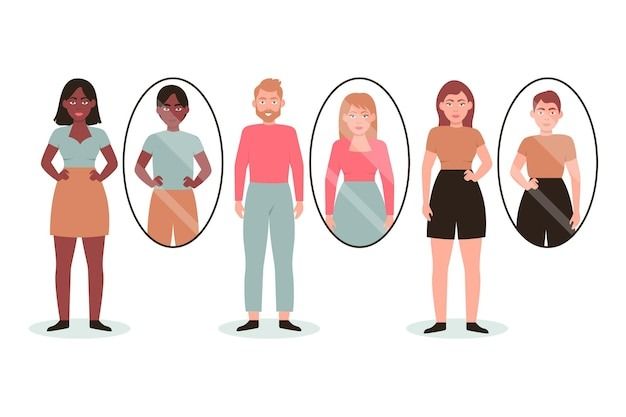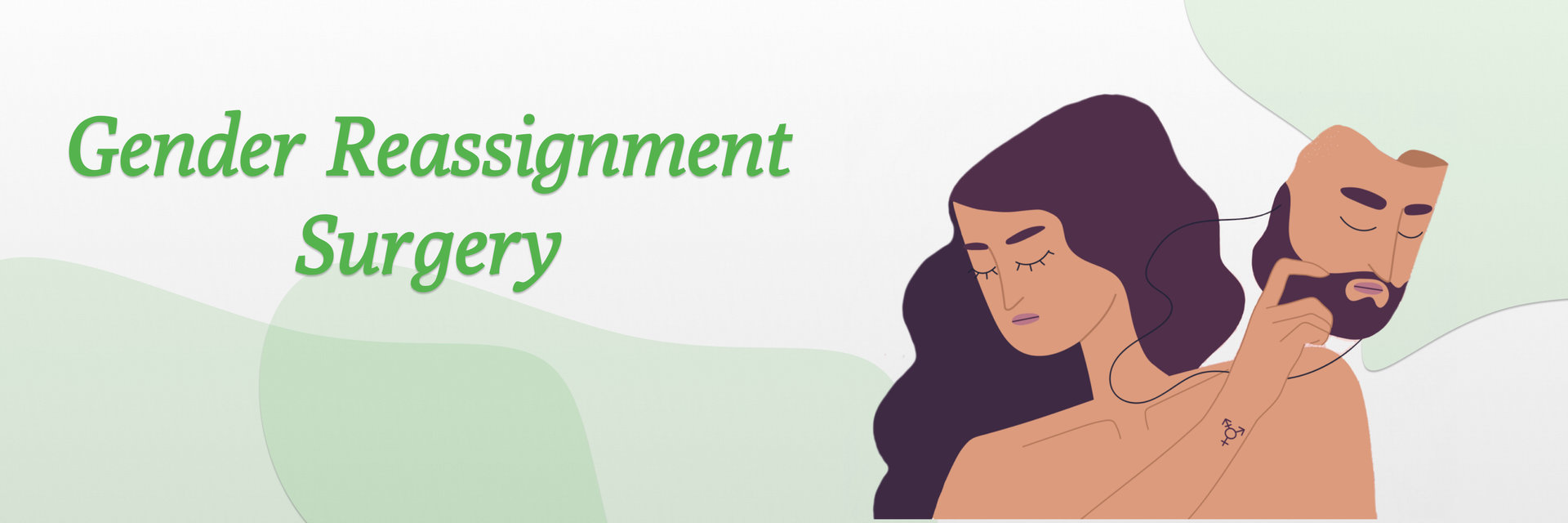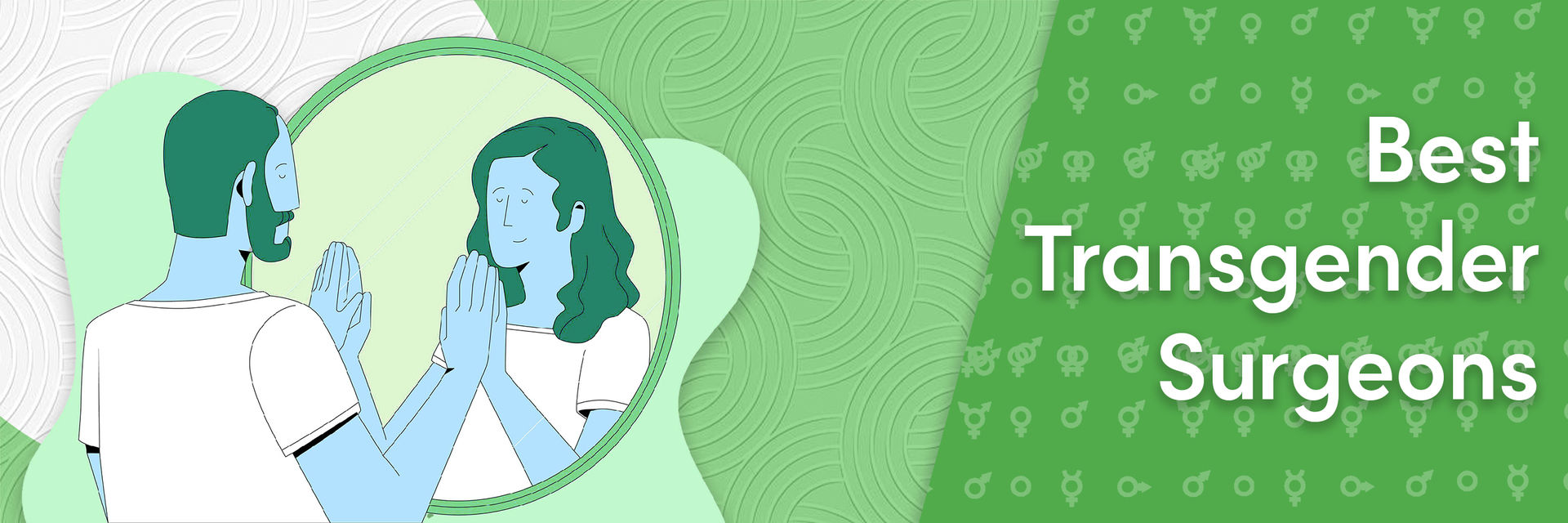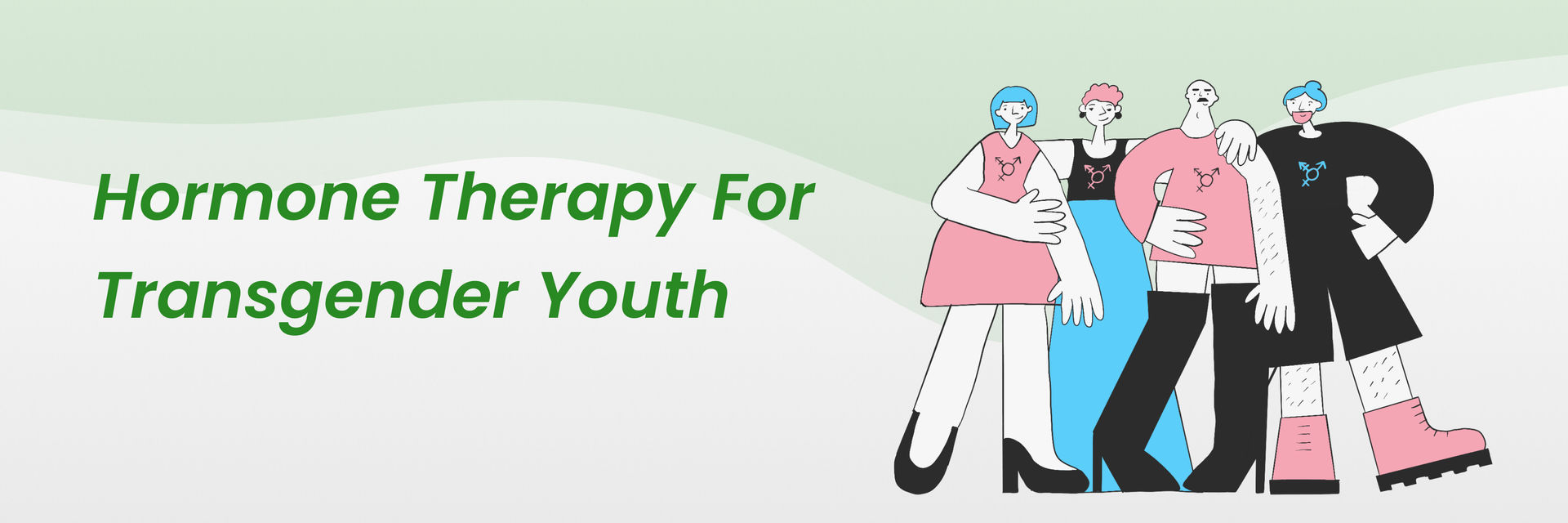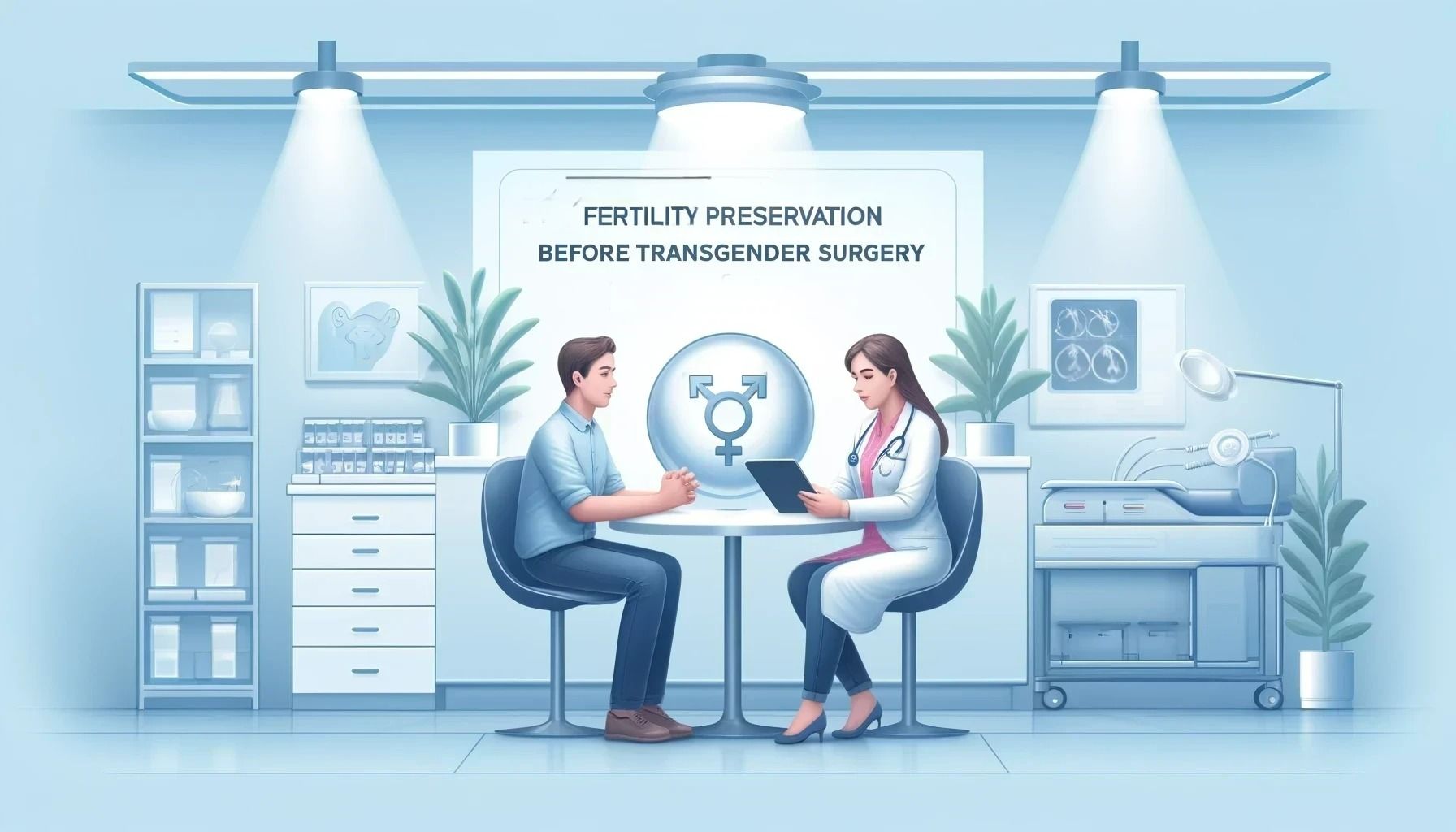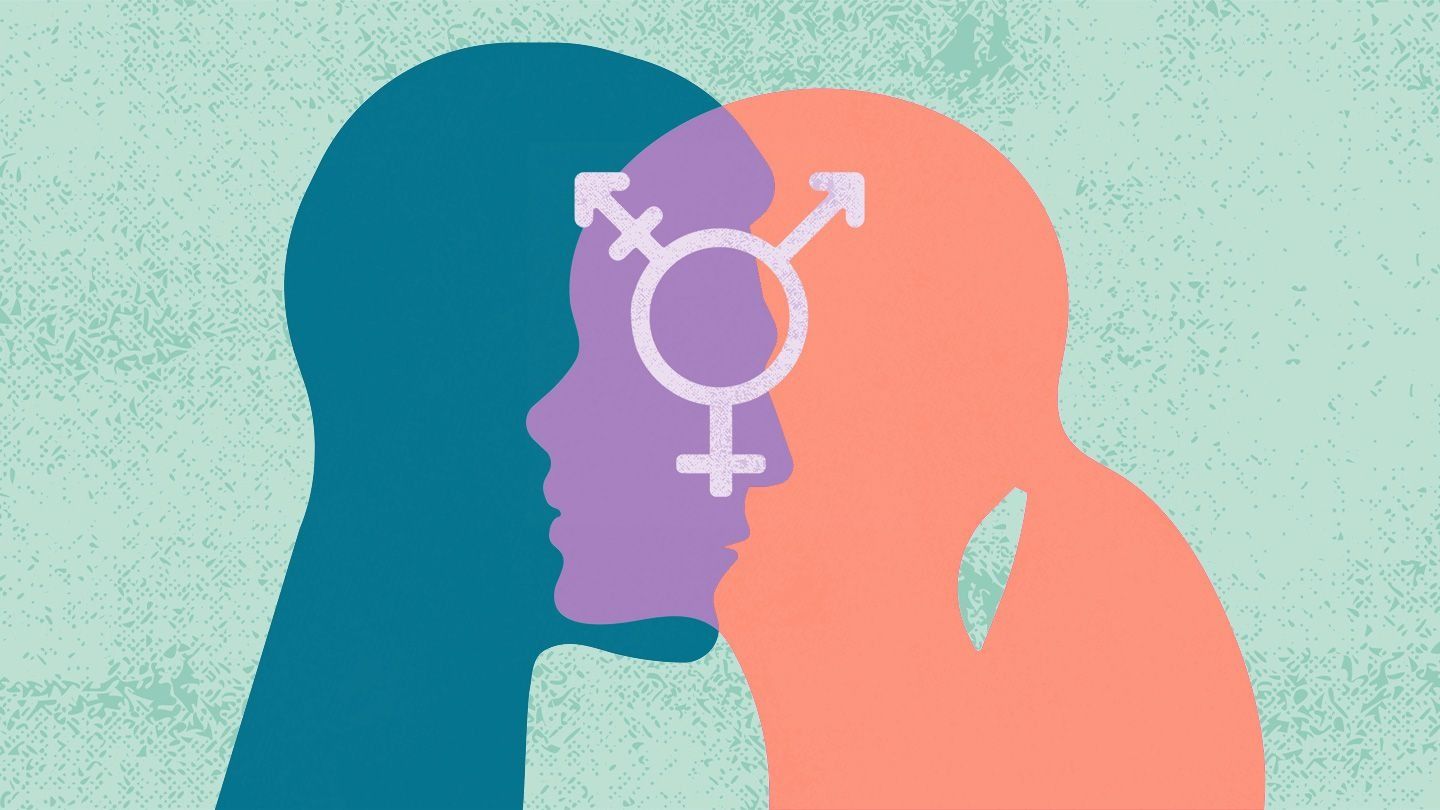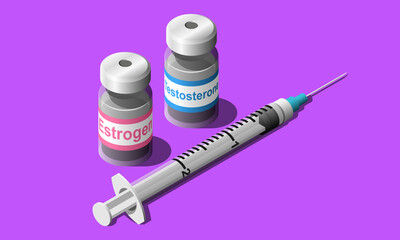
Hormone replacement therapy (HRT) is a treatment that can help alleviate symptoms caused by hormonal imbalances. It can be used to relieve symptoms of menopause, such as hot flashes and vaginal dryness, as well as to help trans individuals during their transition process.
But what happens after six months of HRT?
In this article, we'll take a closer look at the effects of HRT after half a year of treatment, from the changes in the body to the potential side effects, and explore what you can expect from a six-month HRT journey.

HRT is particularly popular among women, with an estimated 75% of those taking HRT being female. The use of HRT is highest in the United States, where an estimated 10 million people are currently taking HRT.
So, whether in the US or another part of the world, you're not alone in your HRT journey. With so many people taking HRT, it's clear that this treatment is making a real difference in the lives of many.
Whether you're considering HRT or have been on it for six months, this article will provide valuable insights into the effects of this powerful treatment.
What is the Recovery like after 6 months on HRT?
Recovery after six months of hormone replacement therapy (HRT) varies depending on the individual's reasons for starting HRT. For example, someone who began HRT for menopausal symptoms may experience a significant reduction in hot flashes and other symptoms after six months of treatment.
For transgender individuals, HRT may bring physical changes such as breast development and decreased body hair growth.
After 6 months on HRT, one may expect a certain level of physical and emotional improvement and a greater sense of well-being. However, it's important to note that the recovery process is different for everyone. Some people may need to continue HRT for an extended period to achieve the desired results.
It's also important to monitor for potential side effects and work closely with a healthcare provider to make any necessary adjustments to the treatment plan.
Your health is too important to ignore – schedule your appointment now
Okay, you’ve been on HRT for 6 months!
How does it feel? What is the recovery like after 6 months on HRT mtf and ftm! What to expect after 6 months on HRT?
Here's what you need to know about HRT after 6 months.
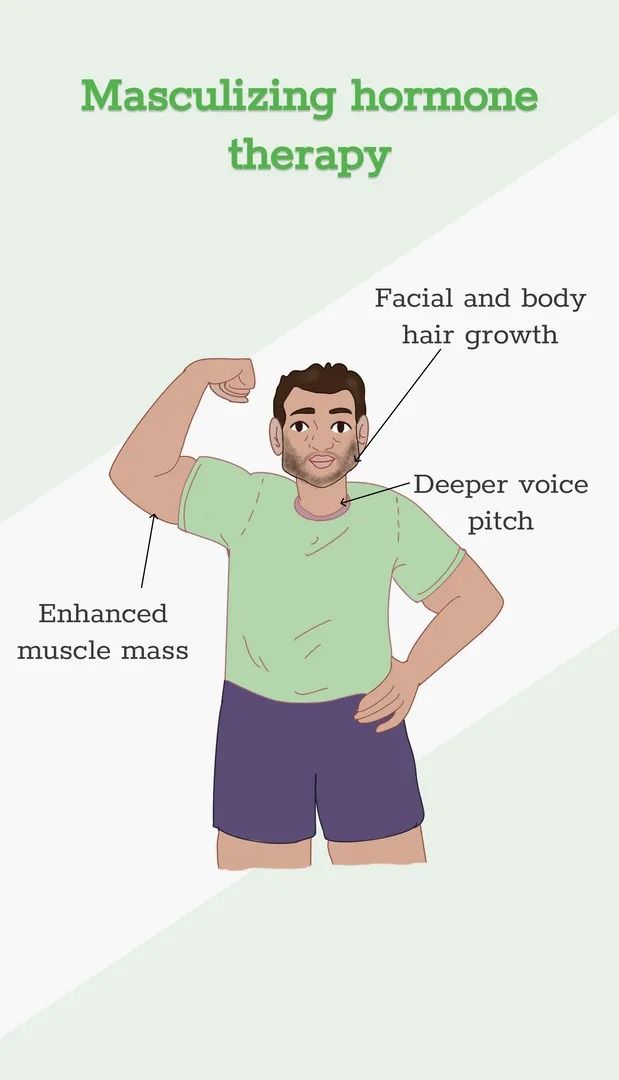
| Feminizing Hormone Therapy |
Masculinizing Hormone Therapy
|
| Recovery: Recovery after 6 months HRT MTF can vary depending on individuals; generally, some changes are noticeable. |
Recovery: Recovery after six months of masculinizing hormone therapy also varies depending on the individual. Generally, some physical changes may be apparent. |
What changes occur?: For example, breast development may occur, and body hair may become less coarse and thinner. Some individuals may also experience a decrease in muscle mass and an increase in fat distribution in a more typically female pattern. | What changes occur?: There's an increase in muscle mass and a decrease in body fat, especially in the hips and thighs. There may also be an increase in body and facial hair growth and a deepening of the voice. |
Hormone therapy is a process and changes may take time to manifest. It's important to communicate regularly with your doctors and make adjustments to your treatment plan as needed.
You must also know that Hormone therapy is just one aspect of transitioning, and not everyone may desire or can access hormone therapy.
Is thinking about the side-effects making you feel anxious?
Here is all you need to know about side effects at 6 months on HRT!
Are there any side effects visible after 6 months on HRT?

Yes, side effects may be visible after MTF 6 months HRT depending on the individual and the type of HRT being used.
Some possible side effects may include:
Feminizing Hormone Therapy
Breast tenderness | Some people may experience breast tenderness or discomfort as the breasts develop. |
Headaches | Headaches may be more frequent or intense during the first few months of HRT. |
Nausea | Some people may experience nausea or stomach discomfort as their body adjusts to the hormones. |
Changes in mood | Hormones can affect emotions so some people may experience changes in mood, such as increased anxiety or depression. |
Blood clots | HRT may increase the risk of blood clots, especially in individuals who smoke or have a history of blood clots. |
Cardiovascular disease | Some studies have found that HRT may increase the risk of cardiovascular disease, although the risk is generally considered low. |
Long-term use of feminizing hormone therapy may also increase the risk of certain types of cancer, such as breast cancer, so it's essential to work closely with a healthcare provider to monitor these risks.
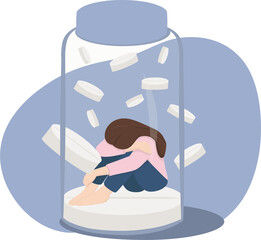
Masculinizing Hormone Therapy
Side effects may be visible after six months of masculinizing hormone therapy (HRT), depending on the individual and the type of HRT used.
Some possible side effects may include the following:
Acne | HRT may cause an increase in acne, especially on the face and back. |
Increased body and facial hair growth | As the body produces more testosterone, hair growth may become more pronounced on the face, chest, and back. |
Changes in mood | Hormones can affect emotions, so that some people may experience changes in mood, such as increased anxiety or depression. |
Clitoral enlargement: | Some people may experience an increased size of the clitoris, which can be uncomfortable or painful. |
Deepening of the voice | As the larynx (voice box) grows, the voice may become more profound, which can take several months or even a year or more to occur. |
Risk of Cancer | It may also increase the risk of certain types of cancer, such as prostate cancer, so it's essential to work closely with your respective doctors to monitor for these risks. |
You must be aware that not everyone will experience these side effects, and some may occur at different intensity levels.
Don't let side effects hold you back from experiencing the benefits of HRT. Here's what to expect in 6 months and further.
Life at 6 months on hrt, how does it feel?
Life at six months on feminizing hormone therapy (HRT) can be a time of significant physical, emotional, and psychological changes.
The results and improvements that an individual may experience can depend on many factors, including the type of HRT they are taking, their age, and the health of the patient.
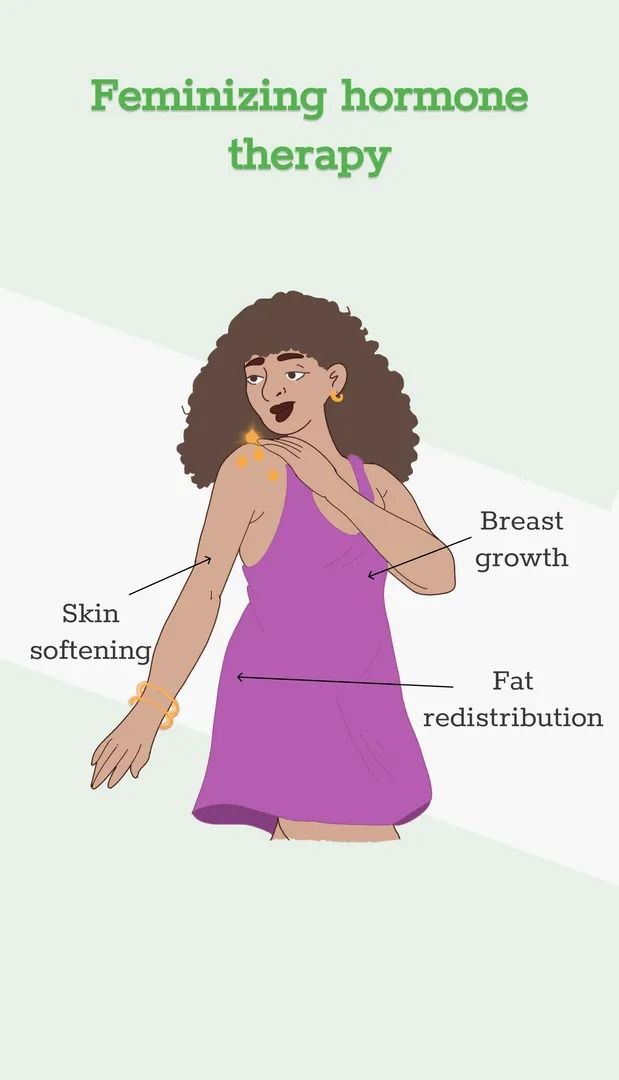
| Improvements | Feminizing Hormone Therapy |
| Physical Changes | Some of them may experience physical changes such as |
| Reduction in Symptoms |
|
| Psychological Changes |
|
| Improvements | Masculinizing Hormone Therapy |
| Physical Changes |
|
| Reduction in Symptoms |
|
| Psychological Changes |
|
Scared about what risks and complications you can face at 6 months on HRT?
Get rid of the fear of the unknown by reading the section below!
Risk of complications after 6 months on HRT

| Feminizing hormone therapy | Masculinizing hormone therapy |
|
|
|
|
|
|
|
|
Kash Yap, MD and consultant of FacialTeam and a primary care physician adds,
"Chronic estrogen-only HRT is linked to increased risk for Breast and Ovarian cancer. Chronic use of combined HRT is linked to endometrial cancer. But these increases in risk are seen after seven or more years of use. Your doctor would tailor your HRT based on your symptoms as well as your risk for osteoporosis and fractures."
The risks are generally considered to be low and that these side effects may occur at different levels of intensity.
It's best to communicate with your doctor about any side effects you may experience.
Make any necessary adjustments to your treatment plan to minimize any negative side effects.
Are you on HRT for 6 months and thinking of stopping HRT but wondering
Is it ok to stop HRT after 6 months? Will there be a relapse?

If you stop hormone replacement therapy (HRT) after six months, the treatment's effects will depend on the individual and the reason for starting HRT. Some people may experience a relapse of symptoms being treated with HRT, while others may not experience any significant changes.
For example, if HRT was taken for menopausal symptoms, stopping the treatment may cause a return of hot flashes and other symptoms. If HRT was being taken for transgender hormone therapy, stopping the medicine may cause a reversal of some of the physical changes that occurred during the HRT.
The effects of stopping HRT can vary depending on the individual and the type of HRT being used. It's also essential to communicate with your healthcare provider about your decision to stop HRT and to be aware of the potential risks and side effects of stopping the treatment.
Also HRT is not a one-size-fits-all solution, and it may take some time to find the proper dosage and combination of hormones that work best for you. In some cases, the healthcare provider may decide to stop the therapy because of unwanted side effects or other medical conditions that may have arisen.
Stopping HRT should always be done under the guidance of a healthcare professional and with a clear understanding of the potential risks and benefits.
Do you want the best results from HRT with minimum or no complications?
If you answered a yes, do not miss reading the next section!
Tips & Guidelines to follow at 6 months on HRT for better results

Here are some tips and guidelines to follow at six months of hormone replacement therapy (HRT) for better results:
Communicate with your healthcare provider | It's essential to have regular check-ins with your healthcare provider to monitor the effects of HRT and make any necessary adjustments to the treatment plan. |
Be consistent with your medication | Taking HRT as prescribed is vital for achieving the best possible results. |
Be patient | Physical changes may take time, and it's essential to be patient and not expect immediate results. |
Be realistic | Keep in mind that HRT is not a magic solution, and it may not be able to fully resolve all symptoms or change everything about your body. |
Monitor side effects | Be aware of any potential side effects and communicate with your healthcare provider if you experience any. |
Live a healthy lifestyle | Eating a balanced diet, regular exercise, and avoiding smoking and excessive alcohol consumption can help improve the overall effects of HRT. |
Keep records | Keep a record of your symptoms, side effects, and other relevant information you can share with your healthcare provider. |
Support | Surround yourself with people who support you and your decision to undergo hormone therapy. |
| Embrace your journey | Remember that hormone therapy is a process, and it can be a challenging and emotional journey. Be kind to yourself, and focus on the positive changes you are experiencing. |
Take the first step to recovery. Get in touch with us for your treatment.
6 months into HRT, and wondering what's next? Let's explore the road ahead and what to expect?
The Road Ahead…

Some people may continue to see physical, emotional, and psychological changes, while others may have already achieved their desired results.
Regular check-ins and blood work will be needed to monitor hormone levels, and to adjust the dosage accordingly.
- For those who started HRT for menopausal symptoms, they may continue to experience relief from hot flashes and other symptoms.
- For transgender individuals, HRT may bring physical changes such as breast development and a decrease in body hair growth that may continue to progress.
Be patient and realistic during the process, as changes may take time to occur. Also you must be aware of any potential side effects and communicate with your doctor about the same.
It's also important to remember that hormone therapy is not a one-size-fits-all solution, and it may take some time to find the right dosage and combination of hormones that work best for you.
The road ahead may be different for everyone, and it's important to work closely with a healthcare provider to ensure the best possible outcome.
So, what are you thinking?
